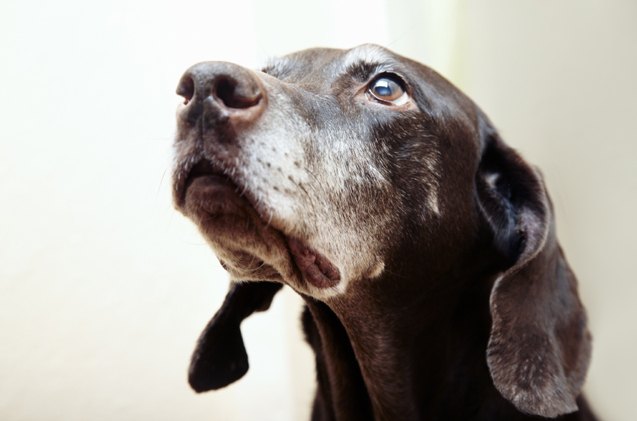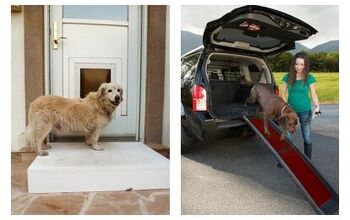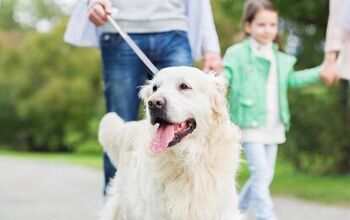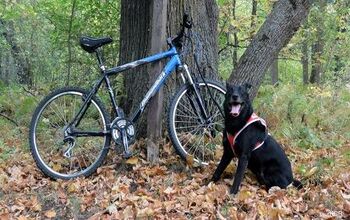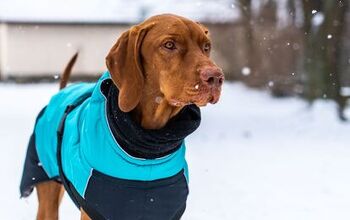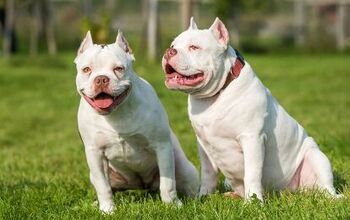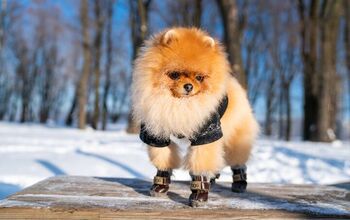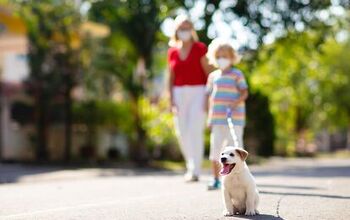5 Tip-Top Health Tips For Senior Dogs

Older dogs come with their own set of unique issues that require preventive measures to ensure your dog continues to enjoy a happy life. He’s not the young pup he used to be, but that doesn’t mean that his senior years can’t be healthy. Here are 5 tip-top health tips to keep in mind for your senior dog.
Watch for signs of aging: Aging takes on many forms: hair loss, cataracts, cloudy eyes, hearing loss and arthritis. Thanks to improvements in medicine, homeopathy and supplements, dogs can live a longer life with a little TLC and extra monitoring from you.
Trips to the vet: In his younger years, your dog may have only gone to the vet once a year… if that. When your dog hits his senior years, trips to the vets should be a bi-yearly event. Although you’ll be on the front line of any changes or signs in changes to your dog’s general wellbeing, your veterinarian will be the best judge of his overall health as he ages.
Move that body: Your senior dog may want to just lounge around for most of the day, but that doesn’t mean that he should. It’s still important that he gets up and moves around. He may not be flying across the park for a Frisbee, but there are some exercises he can partake in. Swimming and light walks will help reduce joint stiffness and keep down his weight. This, in turn, makes movement easier and helps with pain management.
Weight management: Speaking of exercise, because dogs tend to slow down in their old age, they may pack on the extra weight. As well, their metabolism slows down and they burn less calories, becoming overweight or obese. This isn’t good for their creaky joints or dogs that suffer from arthritis. A diet that’s geared toward your senior dog’s dietary and caloric needs will help him maintain a healthy weight for his size and will ensure that he lives a longer, happier life.
Bathroom breaks: As dogs age, it may get harder for them to hold it in as long as they could before. In fact, they may develop inconstancy issues. You’ll have to scheduled more bathroom breaks during the day and at night. If going outdoors frequently is an issue, you may need to put down potty pads or an indoor potty system.

Amy Tokic, Editor of PetGuide.com, is a passionate animal lover and proud pet parent of Oscar, a Shih Tzu/Chihuahua cross, and Zed, a Japanese Chin. Her love of animals began in kindergarten, when she brought her stuffed dog Snoopy into class with her every day. Now, she writes about her adventures in pet ownership and tirelessly researches products, news and health related issues she can share with other animal enthusiasts. In her free time, Amy loves perusing used book and record stores, obsessing over the latest pet products available and chasing squirrels with wild abandon (a habit attributed to spending too much time with her pooches).
More by Amy Tokic



